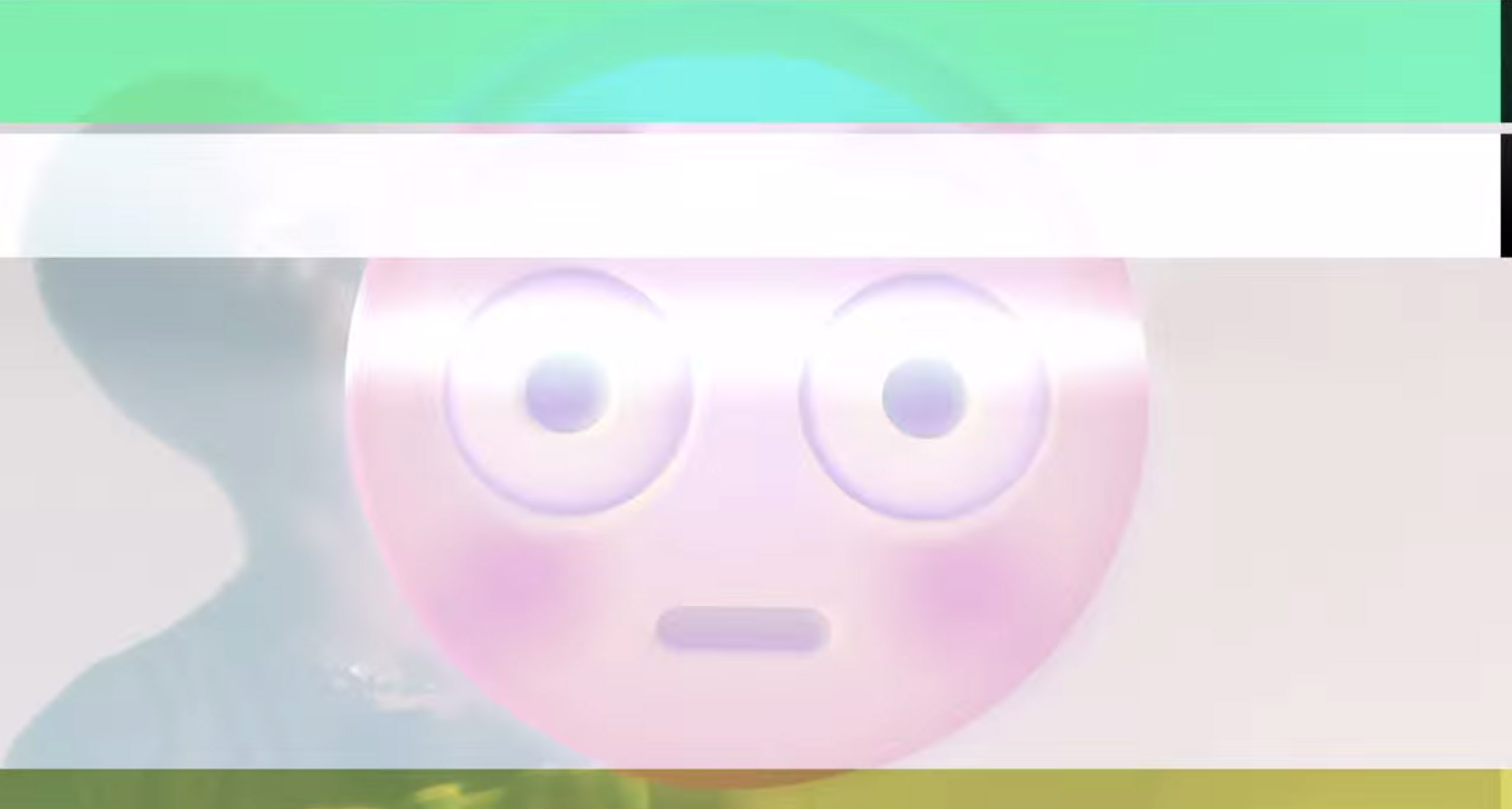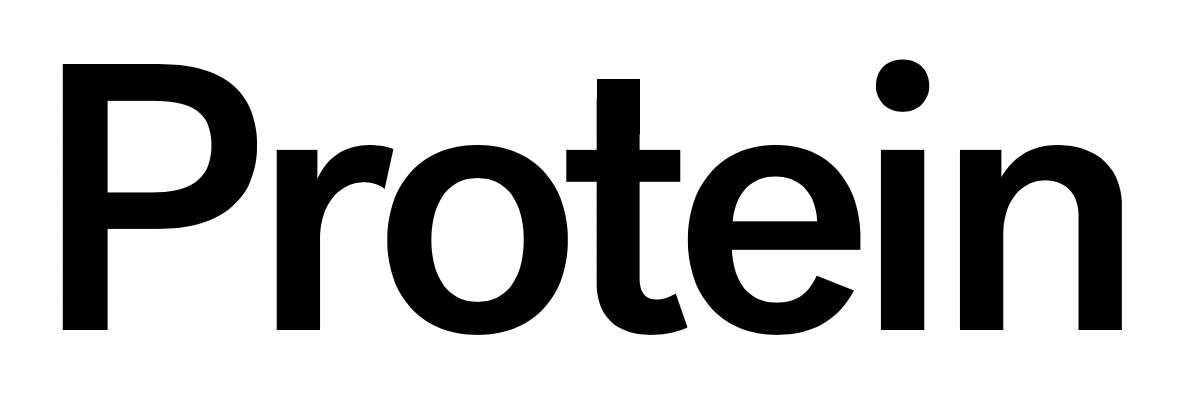We pick the best features from #AgeWeek
Out-of-date demographics, stay-at-home teens, emoji, unicorns and catfish


Out-of-date demographics, stay-at-home teens, emoji, unicorns and catfishWhat does it mean to be old today? Not that long ago a stable job, set of car keys and a mortgage meant you could call yourself an adult. But today it’s as likely your teenage sibling is launching a tech empire, aunty Maura is part of a startup incubator and you’re, well, still living at home with mum and dad. Look around you and you’ll see the traditional stereotypes no longer apply. Age isn’t a barrier to living life to the full, whether you’re a tween vlogger breaking into the fashion industry, a retiree rediscovering your youth or a skater dad who never lost it in the first place. The rules of the game are changing and traditional demographics are all but a shadow of how people think, act and see themselves. Being a teenager today is a completely different experience to what it was five years ago – as illustrated in award-winning filmmaker Lucy Luscombe’s new age film for Protein, where she speaks to ten to eighteen year olds about their bizarre, but personal experiences online. And, conversely, so is being pensioner: in Asia the elderly are just as likely to use emoji as tweens. The implications of this are both disruptive and exciting, which is why we’ve decided to explore the phenomenon further this week. Register for our full report to find out why everything, from how we treat our elders to who adolescents aspire to be, is changing. Watch Lucy Luscombe’s exclusive film on teens growing up with social-mediaRegister now to download the full Age Report and gain some unadulterated insightLet us know what your attitudes to age are via Twitter, Facebook and LinkedIn



Discussion